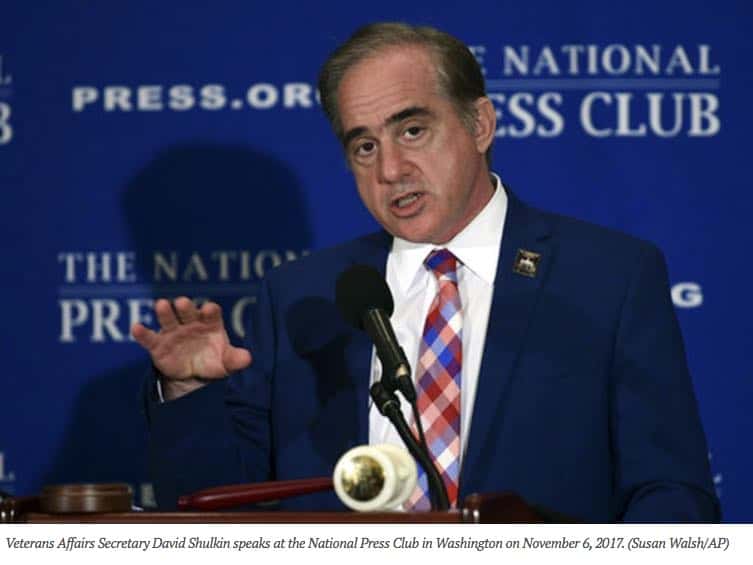The Revolving Door: Majority of Retired 4-Star Officers Transition to Defense Industry Roles
In a recent report by the Quincy Institute for Responsible Statecraft, a prominent think tank advocating for peace and diplomacy, a troubling pattern has been unveiled: a substantial number of retired four-star military officers have transitioned into roles within the defense industry, raising concerns about potential conflicts of interest in shaping defense policy and budget allocation.
The Revolving Door Phenomenon
According to the report, an astonishing 80% of the highest-ranking military officers who retired from service in the past five years, specifically after June 2018, found employment within the defense industry. These positions spanned a spectrum from board members, advisors, executives, and consultants to lobbyists and financial institutions investing in the defense sector.
This revelation brings into question the influence of retired military brass on decisions related to defense policy and the allocation of the Pentagon’s budget. The report suggests that such a phenomenon may contribute to the perpetuation of major weapons systems and platforms, even when they lack clear military utility.
Historical Echoes
This isn’t the first time such concerns have been raised. President Dwight Eisenhower, in his farewell address in 1961, famously warned about the dangers of the burgeoning military-industrial complex. He feared that undue influence from this complex could lead to the “disastrous rise of misplaced power.”
Real-World Consequences
The report provides several poignant examples of retired military officers who joined defense industry giants like BAE Systems, Lockheed Martin, and General Dynamics. In these roles, they played pivotal roles in advocating for the continuation of programs like the Littoral Combat Ship (LCS), despite glaring operational issues.
Initially touted as a solution for the Navy’s need for small, adaptable ships, the LCS program faced a series of public breakdowns and doubts about its ability to fulfill its promised missions. Ultimately, in 2022, the Navy decided to scrap the entire Freedom-class LCS, including one ship that was just two years old, sparking strong reactions from Congress.
Lobbying Influence
The report underscores the role of retired military officers in lobbying efforts that prevented the Navy from divesting itself of these flawed ships, resulting in the continued deployment of costly vessels that placed crew members at risk. This highlights the potential for conflicts of interest to impact national defense decisions.
Another Troubling Example
The report also draws attention to General Jim Mattis, who sought to have the Army acquire blood testing equipment from Theranos, a now-disgraced company where he served as a board member. Theranos CEO Elizabeth Holmes was later exposed as a fraud and imprisoned.
Proposed Solutions
To mitigate these conflicts of interest, the report suggests implementing stricter regulations. Specifically, it recommends prohibiting officers from working for arms contractors receiving more than $1 billion per year from the Pentagon. Additionally, the report calls for a longer “cooling off period” for officers transitioning into national security-related roles outside the Pentagon.
The authors further propose that the Pentagon compile and publish lists of former military and civilian officials who have entered the arms industry to enhance transparency and accountability.
Legislative Response
This report coincides with legislative action on Capitol Hill. Senator Elizabeth Warren and Representative Andy Kim have introduced bills aimed at preventing former top officers from working at defense companies within the first four years of retirement and prohibiting current officials from owning stock in companies receiving more than $100 million in Pentagon contracts.
The report sheds light on a concerning trend of retired military officers finding employment within the defense industry and influencing critical defense decisions. As these issues gain traction in both policy and public discourse, the call for transparency and accountability in the defense sector grows louder.






